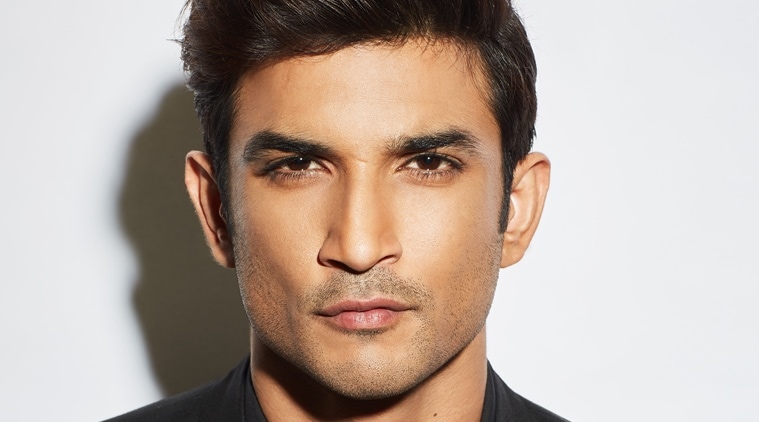 Sushant Singh Rajput was found dead at his Bandra residence in Mumbai on Sunday. (Photo: PR Handout)
Sushant Singh Rajput was found dead at his Bandra residence in Mumbai on Sunday. (Photo: PR Handout)
A death, any death, makes us less. Reduces the world by one. Especially so when the person is young, ostensibly successful, on top of the world, a legit celebrity whose public appearances lead to flashbulbs popping, photographers papping, and fans swooning.
Sushant Singh Rajput was one. He was an actor who headlined movies, moving from being one of three in his 2013 debut Kai Po Che!, to being The One, two years later, in Dibakar Banerjee’s period saga Detective Byomkesh Bakshy!, followed by Neeraj Pandey’s biopic on M S Dhoni in 2016: in both, he was the hero. The man who, in the former, goes looking for the truth, and in the latter, is the truth, in terms of how things worked out in the sporting arena. Post M S Dhoni’s take-no-prisoners-attitude, India became a world beater in cricket; in Dhoni the movie, Sushant played that winner.
How do winners — from the perspective of we the people, who plod through humdrum lives — come to a dead end? What pushes them to the brink? These are the questions we ask ourselves when someone who is young and famous and spot-lit takes their own life. Scratch that ‘young’: being famous is being forever, even if you are older.
So how does a globally beloved actor like Robin Williams, for example, stare at the precipice, and chooses not to step back? Why does a world-famous chef like Anthony Bourdain, the man who wrote all those brilliant books, who was such a terror in the kitchens he manned, and who ate his way so eloquently around the world, end it all?
You could argue that Williams, nearly 70, had lived a full life. But Sushant was young. He was 34. More than anything else, it’s the question which becomes a hard weight in our insides which refuses to budge: why did he do it? Sushant was an actor who did his best work with the directors who were clear about their intent, who shone in some of his films, and flubbed in the others, but who had that special something that connected with us. He had just about begun on his journey. What was it, or what was the conglomerate of things, that he couldn’t deal with anymore, at an age when we are just beginning to learn the outlines of ourselves?
The answer to those questions is, of course, that there are no answers. No one knows what goes on inside another person’s head, even if you are joined at the hip. Depression is a word as easily bandied about, as misunderstood: of course a person who decides to take his own life is depressed, but will we, the living, ever know the reasons why? Do we have the right to speculate? Perhaps we do, because those of us who live on, need answers to cling on to. But those answers have gone, just as the person has gone.
The pulls and pressures of being a celebrity can be a boon and a burden. For some, the flame keeps burning bright. For others, it can be a blight. It can take away the luxury of being ordinary. It can’t keep away keening pain which keeps bubbling under the skin, or the awareness of the lows. Among his last films was Nitesh Tiwari’s smash-hit Chhichhore, about a young teen teetering on the edge, who stepped back just in time, and lives on.
Sushant Singh Rajput didn’t.